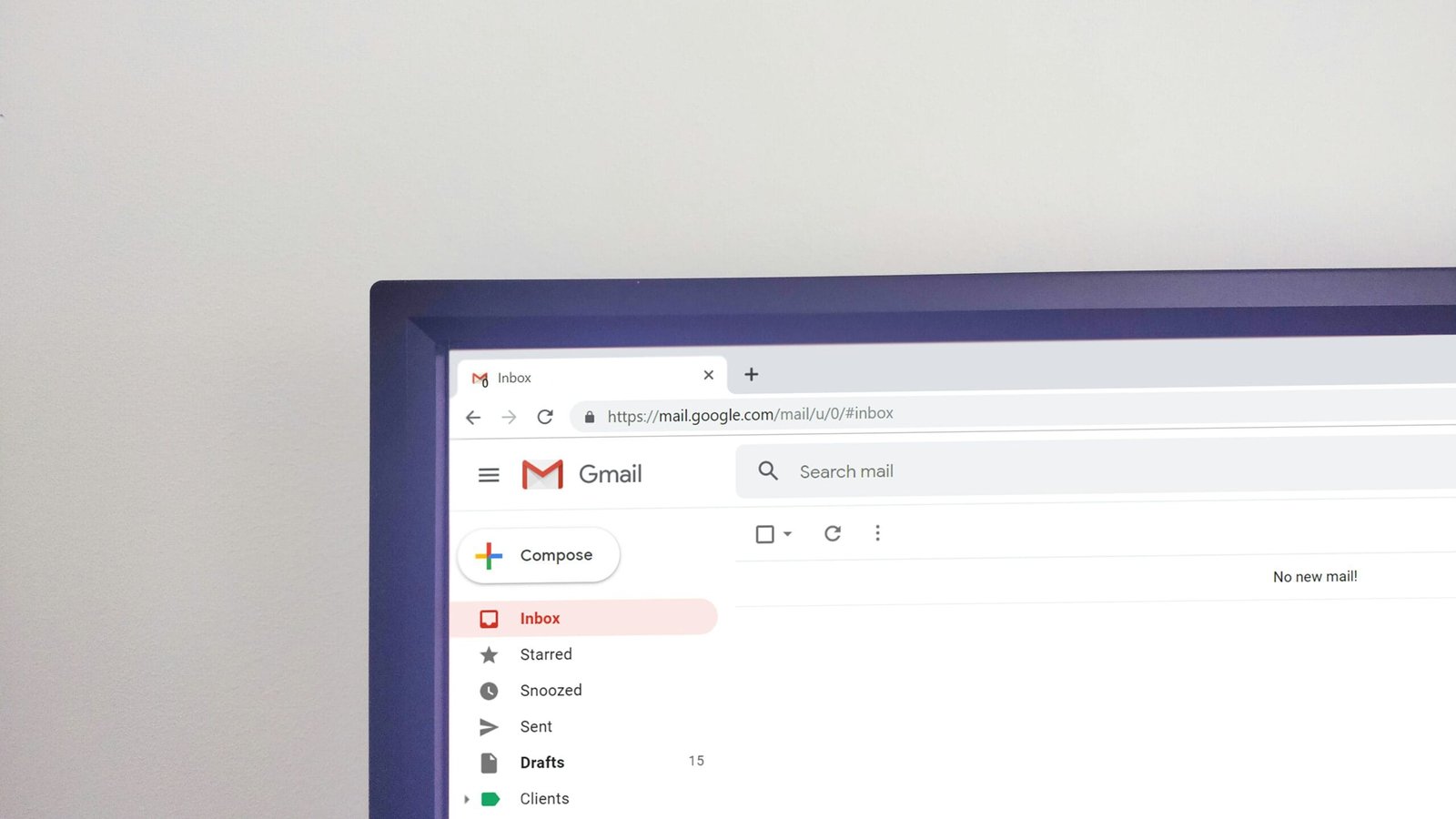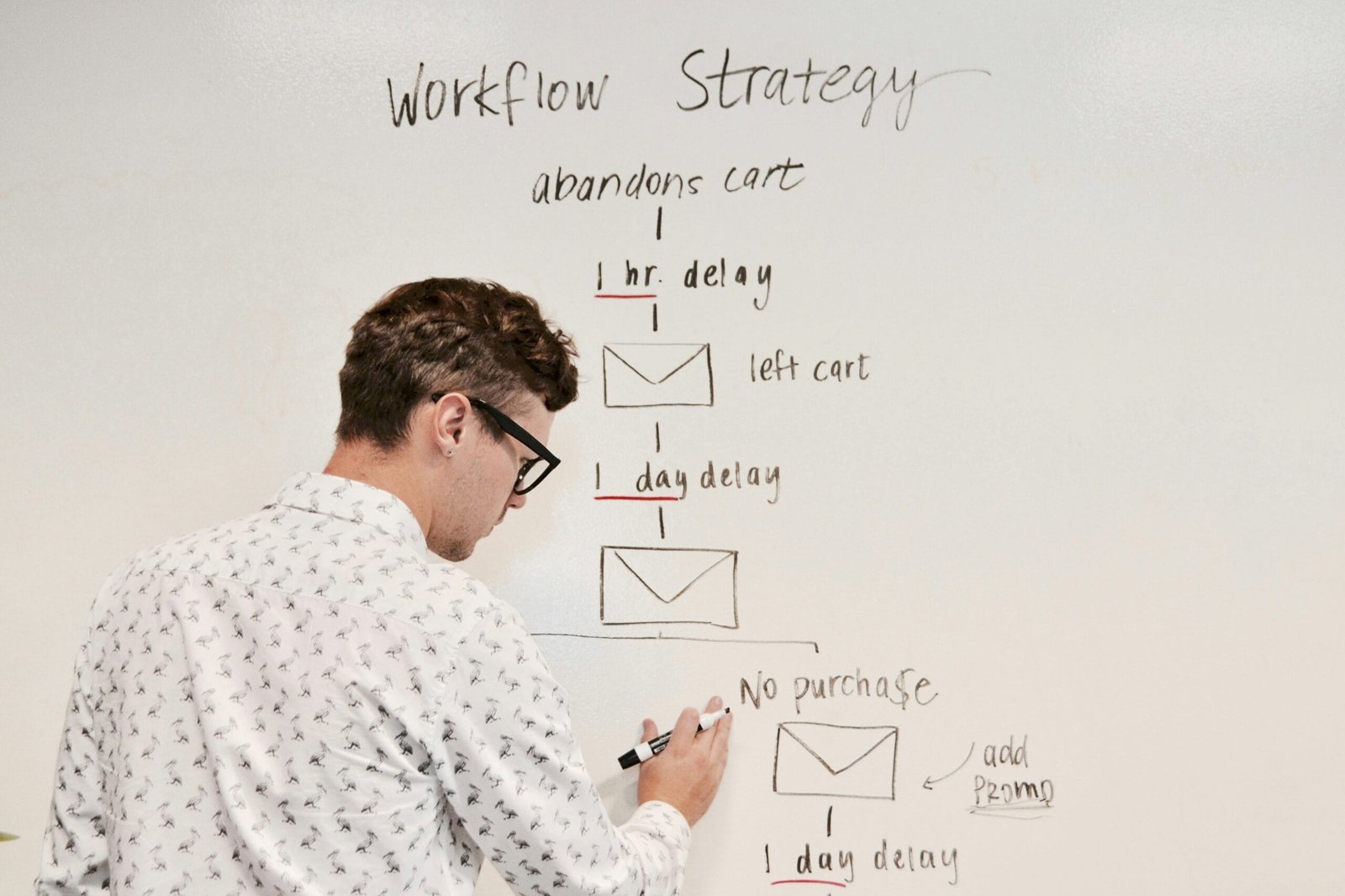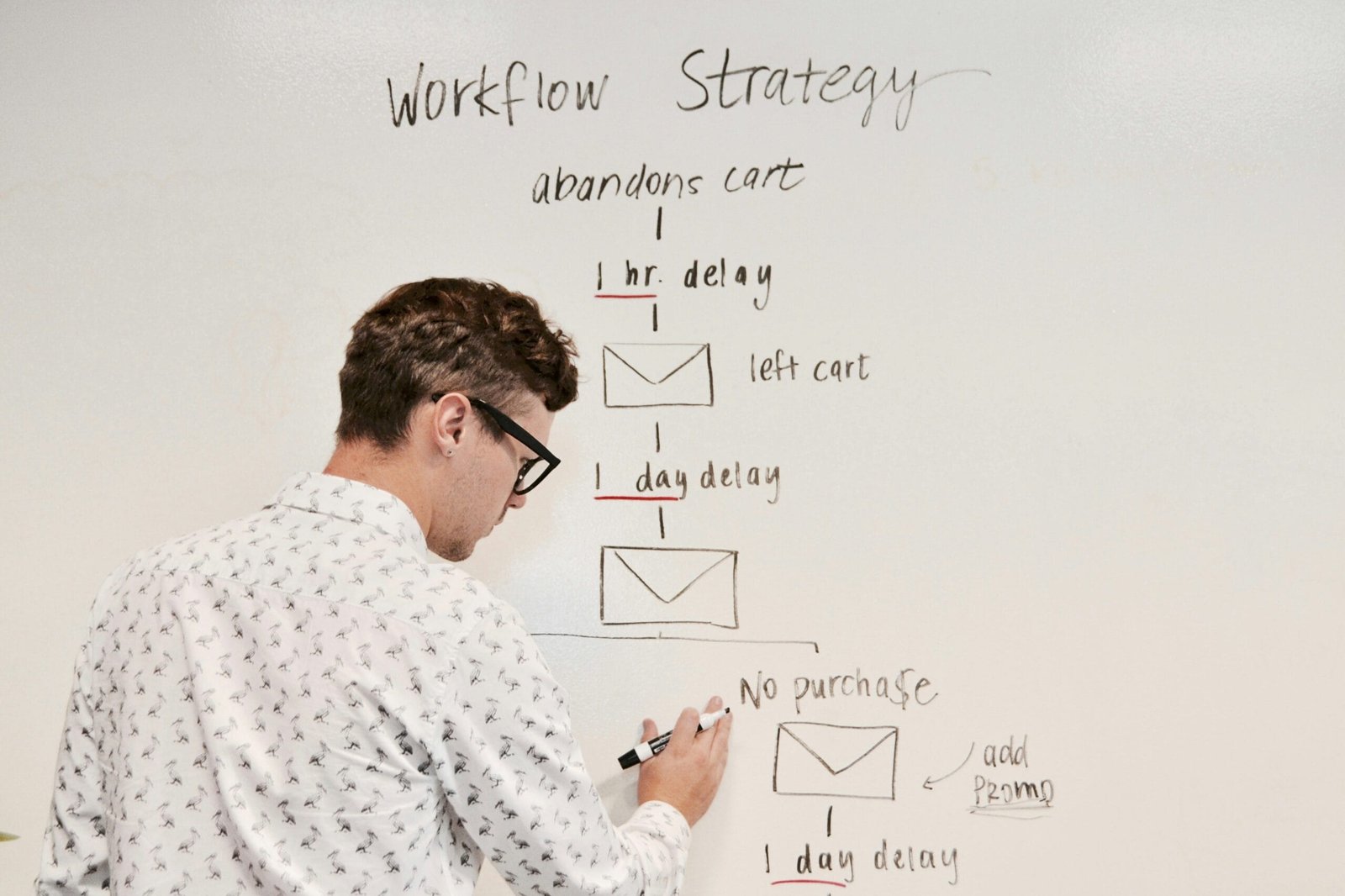Have you ever wondered how a simple email can captivate someone to such an extent that they feel compelled to engage or respond? Or perhaps you’ve thought about the subtle art of crafting words that not only communicate but persuade? If this has piqued your interest, then the world of email copywriting might just be your calling.
Understanding Email Copywriting
Email copywriting is a specialized field that combines art and science to create messages that resonate with readers, compel them to take action, and build a relationship over time. Unlike other forms of writing, email copywriting focuses on delivering concise, compelling messages directly to your audience’s inbox. Whether it’s persuading someone to purchase a product, nurturing a lead, or simply providing valuable information, every word must be meticulously crafted.
The Power of the Inbox
The inbox is a sacred space for many people. It’s where personal and professional worlds merge, hence the importance of ensuring your emails are insightful and engaging. You have the challenging yet exciting task of creating content that people genuinely want to receive. This direct communication medium can turn casual connections into loyal customers, if done correctly.
The Basics of Successful Emails
Successful emails share several core components: a captivating subject line, an engaging opening sentence, a clear message, and a compelling call to action. But these are just the fundamentals. A skilled email copywriter knows how to weave these elements together seamlessly, ensuring that each message not only meets but exceeds its intended purpose.
Captivating Subject Lines
The subject line is the first thing your reader sees. It acts as a gateway, a deciding factor in whether your email is opened or sent to the trash. Crafting a compelling subject line requires creativity and understanding of your audience’s needs and interests. Aim to write subject lines that are intriguing and direct, giving the reader a reason to choose your email over the rest.
Engaging Openings
Once the email is opened, the opening sentence must grab attention immediately. Whether it’s posing a question, stating an interesting fact, or making a bold statement, the aim is to draw the reader in and pique their curiosity. Remember, you’re building a relationship with each line, encouraging them to continue reading.
Clear and Valuable Message
Your main message should be clear and provide value to the reader. Think of your email as a conversation, not a monologue. Talk to your reader, not at them. Ask yourself: What does your reader gain from this email? Whether it’s information, education, or entertainment, make sure it’s worth their time.
Compelling Call to Action
Every email should end with a clear call to action (CTA), guiding the reader on what to do next. This could be anything from visiting a website, downloading a resource, or contacting you for more information. Make your CTA direct and enticing to prompt the reader to take immediate action.

The Role of a Freelance Proposal/Bid Writer
Being an email copywriter opens various career paths, one intriguing avenue being a freelance proposal or bid writer. But what does this entail? Essentially, you would be crafting persuasive proposals to help businesses win contracts or funding. This requires not just excellent writing skills, but also strategic thinking and in-depth research.
Crafting Persuasive Proposals
When creating proposals, your goal is to present a compelling argument that persuades the reader to support the project or business. You must be able to highlight benefits, anticipate questions or concerns, and address them proactively. Strong research skills are essential here to ensure that every claim is supported by facts and data.
Understanding the Client’s Needs
To write effective proposals, you must deeply understand the client’s needs and tailor your message accordingly. This might involve speaking directly with them or thoroughly researching their business. The more you know, the better you can align your proposal with their objectives and stand out from the competition.
Structuring Proposals for Impact
Structuring a proposal properly is crucial. Start with an executive summary that encapsulates the main points succinctly. Follow this with detailed sections covering the need or problem, proposed solution, benefits, and why your company is the best choice. Conclude with terms, conditions, and a strong call to action.
Example Structure of a Proposal
| Section | Content Description |
|---|---|
| Executive Summary | Brief overview of the proposal’s main points |
| Introduction | Introduction of the company and qualifications |
| Problem or Need | Explanation of the client’s issue or opportunity |
| Proposed Solution | Description of what is being offered |
| Benefits | Clearly listed benefits of accepting the proposal |
| Why Us? | Argument for why the company is the best choice |
| Terms and Conditions | Legal terms, pricing, timelines |
| Call to Action | Next steps for the client to take |
Freelancing: Freedom and Challenges
Choosing to freelance as a proposal and bid writer offers freedom and flexibility but also comes with challenges. You’ll need to manage your own time, seek out clients, and potentially juggle multiple projects at once. However, for many, the benefits far outweigh the challenges. You get to choose the projects you work on, set your own rates, and work from anywhere.

Essential Skills for an Email Copywriter
Whether you’re looking to specialize in email copywriting or expand into freelance proposal writing, certain skills are essential. Besides a knack for writing, other abilities will determine your success and growth in this field.
Adaptability and Research
Adapting your writing style to suit different audiences and purposes is crucial. Being able to rapidly assimilate new information, research deeply, and apply it effectively in your writing will make your content more relevant and compelling.
Strategic Thinking
Understanding the bigger picture enables you to craft messages that are strategically aligned with the overall goals of a business or campaign. Strategic thinking goes hand in hand with knowing when to be persuasive and when to present facts, enhancing the impact of your writing.
Attention to Detail
Details matter significantly in writing. From ensuring grammar and punctuation are flawless to making sure the tone of your message is just right, paying attention to detail differentiates good writers from great ones.
Communication and Collaboration
As an email copywriter, especially if you’re freelancing, strong communication and collaboration skills are invaluable. You’ll need to interact with clients, understand their needs, and effectively communicate your ideas. Being able to work well with others and take constructive feedback will improve the quality of your work.

Building a Successful Career as an Email Copywriter
Now that you understand the basics of email copywriting and the potential roles you might fill, how do you build a successful career in this field?
Creating a Portfolio
A strong portfolio is your best tool for showcasing your skills to potential clients or employers. Include a variety of writing samples that highlight different styles, tones, and purposes. If you’re just starting, consider offering your services at a discount or pro bono to build a diverse portfolio.
Networking and Keeping Current
Networking is vital in any industry. Connect with other writers, attend workshops or webinars, and join professional organizations. Staying current with trends and continuously learning will ensure your skills remain sharp and relevant.
Setting Your Value
Determine your pricing structure after thoroughly understanding the market, your skill level, and the value you offer. Don’t undersell yourself, but also ensure your rates are competitive. Remember, building a successful career requires balancing between getting started and valuing your skills rightly.
Balancing Freelance Work-Life
Working as a freelance email copywriter offers flexibility but demands discipline to maintain a healthy work-life balance. Set clear work hours, take regular breaks, and don’t be afraid to say no to projects that don’t align with your goals or values. Time management is key to successful freelancing.

Conclusion
Email copywriting is more than just writing emails—it’s about creating impactful messages that persuade and connect with people on a personal level. Whether you venture into freelance proposal writing or focus on crafting marketing emails, the skills you develop in this field are invaluable. With creativity, dedication, and strategic thinking, you can craft messages that not only reach people’s inboxes but also their hearts. As you continue on this journey, remember that every email you write is an opportunity to make a meaningful connection. Embrace the challenge, refine your craft, and enjoy the creative process.

